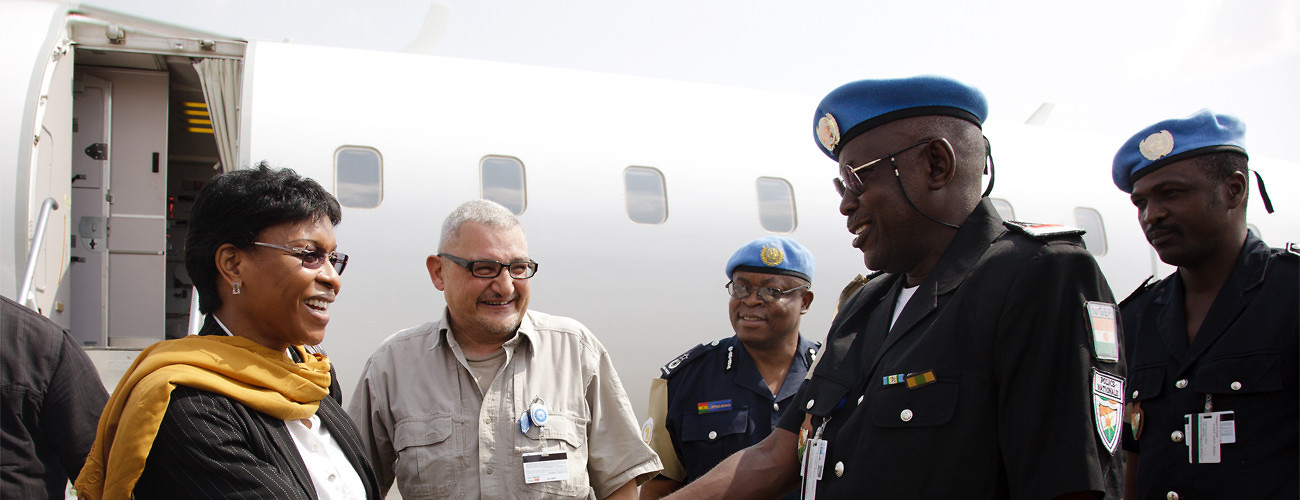This paper analyzes the recent history of relations between the UN Security Council and the Peace and Security Council of the African Union (AU) with respect to peace operations. Collaboration in this area was born out of the comparative advantages of both institutions, but it has suffered from several problems, including the AU’s weak bureaucratic, logistical, and financial capabilities. This has resulted in an unequal partnership where the AU’s major peace operations remain dependent on the UN and other partners for support.
Nevertheless, peace operations in Africa are once again in high demand with possible new deployments in the Central African Republic, the Democratic Republic of the Congo, Mali, and Sudan. UN deployments in Africa remain steady with approximately 80 percent of all blue helmets deployed on the continent, although the UN is currently debating whether to deploy another large UN multidimensional peace operation to Mali. African Union deployments have also increased to an all-time high, largely due to AU-UN collaboration in the Somalia and Mali theaters.
The paper gives recommendations intended to help overcome the challenges to enhanced collaboration. It is important to recall, however, that the essence of the relationship between the two councils and their members is political. Consequently, no amount of institutional reconfiguration will completely dispel the political frictions that are bound to occur when controversial issues and crises are discussed.
About the authors:
Arthur Boutellis is a Research Fellow, Adviser to the Peace Operations and Africa Programs at the International Peace Institute.
Paul D. Williams is a Non-resident Senior Adviser at IPI and Associate Professor in the Elliott School of International Affairs at the George Washington University, where he is also Associate Director of the Security Policy Studies program.








